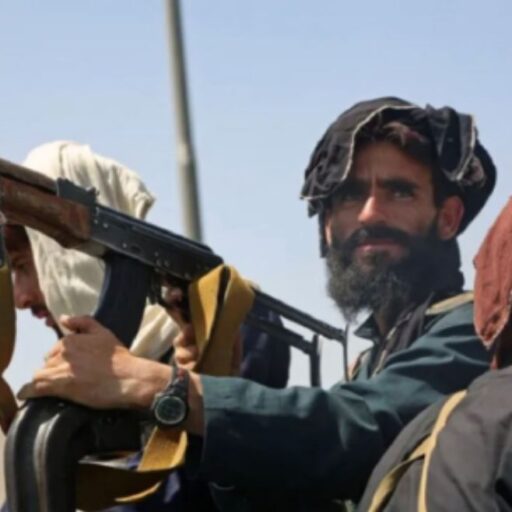Over the past two months, Myanmar has plunged into a political crisis. Myanmar’s tentative political transition towards democracy, which started in 2010 and gained momentum after the 2015 elections, has been reversed. The military (Tatmadaw) has staged a coup d’état and arrested democratically elected leaders, including President Win Myint and State Counsellor Daw Aung San Suu Kyi. This paper maps the ongoing civilian protests as a result of the coup as well as the National League for Democracy’s attempts to prevent consolidation by the military junta. It reflects upon the military’s attempts to win over various stakeholders in Myanmar politics, including ethnic groups. The international community’s response to the coup and the debate around the nature of sanctions that need to be deployed are dwelled upon. Specifically, the paper examines the responses of actors such as the US, China and ASEAN to the coup. The paper concludes by noting that the durability of the military coup will be contingent on the resilience and ability of three important stakeholders – youth who are at the forefront of the protests, Monks and Buddhist institutions, and ethnic organisations/armed groups – to put up a prolonged fight for democracy.




